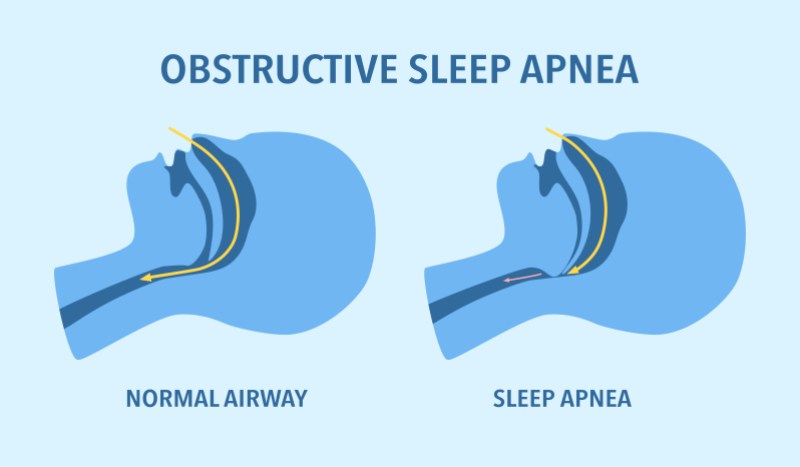Is your snoring killing you? Become a vegetarian


Researchers have plotted out the perfect mix of sleep, sitting, standing and physical activity. Photo: Getty
Does the quality of diet play a part in developing obstructive sleep apnoea? Is there more going on than eating too many calories?
A new study out of Flinders University, Adelaide, suggests yes, it does.
The study found that people who eat a ‘healthy‘, plant-based diet that is high in vegetables, fruit, whole grains and nuts are less likely to suffer with obstructive sleep apnoea (OSA).
This vegetarian diet will cut the risk of OSA by about a fifth.
On the other hand, people eating an unhealthy plant-based diet, high in refined carbohydrates, sugary drinks, high-sugar and high-salt foods, have a 22 per cent higher risk of OSA (compared to those eating low amounts of these foods).
Sure, people living on chips, soft drinks, white bread and pre-packaged foods tend to be fatter – but these foods are linked with inflammation.
As I reported in 2021, it only takes four weeks for a diet of highly processed food to inflame the brain and elicit behavioural signs of memory loss.
But it goes further than that. Inflammation is linked with chronic diseases such as heart disease and type 2 diabetes. We’ll get back to that.
What is the main cause of OSA?
Obstructive sleep apnea (OSA) is caused by the collapse of the upper airway during sleep. The muscles supporting soft tissues in the throat relax.
This causes the airway to narrow or even close. This causes you to snore and splutter and otherwise drive your bed-mate mad.

The causes of obstructive sleep apnoea aren’t fully understood. Image: Getty
Worse, it causes your breathing to be interrupted. This puts a strain on the heart, as does the chronic interruption of sleep.
Here’s the quandary: In adults, the most common cause of obstructive sleep apnoea is excess weight and obesity, which is causes the collapse of that soft tissue of the mouth and throat.
But it’s not the whole story
Yes, more than half of people with OSA are either overweight or obese. But a significant number of sufferers are not. So what’s going on with them? It’s a mystery.
Some possible causes for people who aren’t overweight or obese are a narrow throat, hypothyroidism, excess growth due to hormones, allergies, deviated septum, medical conditions that congest upper airways, smoking and excessive alcohol intake.
The role of diet (the kind of foods you eat, and not necessarily the amounts) and inflammation have gradually come under scrutiny.
A 2021 study found “a higher frequency intake of fruits was associated with a reduced OSA risk and a diet with higher levels of consumption of animal innards, fried food, salted food, carbonated beverages, and non-carbonated beverages may increase the risk of OSA”.
The new study
The research included data on 14,210 people who were taking part in the US National Health and Nutrition Examination Survey.
Participants disclosed everything they’d eaten over the previous 24 hours. And they were assessed as to whether or not they were likely to be suffering from OSA.
They were then categorised according to whether they ate a healthy plant-based diet (including whole grains, fruits, vegetables, nuts, legumes, tea and coffee) or a diet high in animal foods (including animal fat, dairy, eggs, fish or seafood and meat).
They also looked at whether people were eating an unhealthy, plant-based diet (including refined grains, potatoes, sugar-sweetened drinks, sweets, desserts and salty foods).
One interesting finding were differences in the risks for the sexes, with a plant-based diet having a bigger effect in reducing the apnoea risk for men.
What the researcher says
The research was led by Dr Yohannes Melaku, a researcher in nutritional and sleep epidemiology at Flinders University, Adelaide. In a prepared statement, he said:
“Risk factors for obstructive sleep apnoea may stem from genetics or behaviour, including diet. Previous research has primarily focused on the impact of calorie restriction, specific dietary elements and weight loss.”
He said there is “a gap in our knowledge of how overall dietary patterns affect OSA risk. With this study, we wanted to address that gap.”








